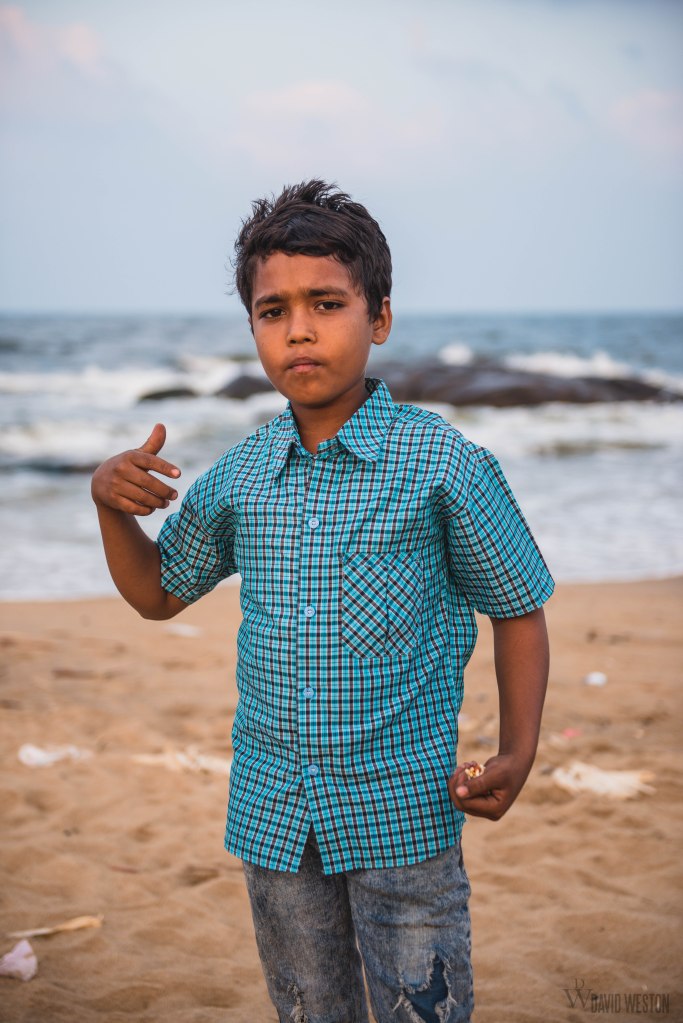Navya Davuluri
The Rohingya people have faced immense challenges, making them one of the most persecuted minority groups worldwide, as recognised by the United Nations. Their plight arises from not being officially recognized as citizens and facing the near-extinction of their community in Myanmar. This pressing situation has forced many Rohingya to flee Burma in search of safety and a place they can call home, even if it may not be the home they “want” but rather “need” due to their stateless status as they do not have a legal home country.
Since 2012, a small Rohingya refugee community has sought refuge in Kelambakkam, an area near Chennai, India. The main building is the government-run cyclone shelter in which they live. They have created makeshift wooden living spaces with limited resources but have learned to be content with what they have. On visiting them, the children in the camp proudly displayed clothes from Burma, preserving their cultural identity even though they had not been in their homeland for a long time. Rohingya have developed a strong sense of identity as a result of their shared experience of being forcibly displaced from their homes, showing resilience in the face of adversity, creating a personal space collectively, as well as offering help to each other when needed. This sense of unity extends beyond the Kelambakkam camp, as they bond with refugees from other countries during UNHCR meetings. While they share the identity of being refugees, they long to return to their homes rather than face discrimination. The discrimination they face, such as being denied job opportunities, children experiencing bullying at school, and receiving unfair treatment in healthcare etc because of their refugee background, is a constant source of tough times and longing for a better life. The UNHCR has provided these refugees with identity cards to protect them against refoulement, and arbitrary arrests, offering a guarantee of safety outside the camp. One camper from Kelambakkam speaks Tamil fluently, showing that they are ready to become part of their new community. Chennai has provided these refugees with better access to education for their children and support for their religious practices as they have access to a mosque in the shelter where they offer prayers. Social media has played a vital role in their lives, enabling them to stay informed about the world and, most importantly, communicate with their families in Burma. To support their families, some Rohingya refugees take jobs that go against their values, highlighting the economic challenges they face.
Despite being recognized as refugees by the UNHCR, Rohingya refugees in India still face the risk of administrative detention, criminal imprisonment, and deportation. Recently a petition was filed in support of Rohingya refugees who are being unfairly held in detention. The petition comes after conducting interviews with the families of detainees and leaders and lawyers from the Rohingya community. In the petition, there is a request to release the Rohingya refugees in detention who have been kept in detention for longer than they should be. An example includes individuals being detained upon being summoned to complete paperwork, only to find themselves not released thereafter. Furthermore, the conditions within the detention centres are far from ideal, being characterised by overcrowding, suboptimal sanitary conditions, and questionable food quality that is unclean and watery. Particularly concerning is the separation of families due to the detention protocols. Older children are held in juvenile detention centres. International refugee laws consider Rohingya people as refugees and firmly state that they should not be sent back to a country where they fear for their lives and safety. India’s actions however flout the non-refoulement law, which prohibits sending refugees back to dangerous situations.
The time has come for the Rohingyas to receive the justice they are entitled to and, more importantly, to be conferred citizenship in their country of origin. Their yearning for acceptance and acknowledgement by the government of Myanmar remains, especially for the sake of their children growing up in Kelambakkam. It is hoped that future generations will not have to endure the same hardships, and their plight will finally come to an end.

Image by David Weston of a Rohingya boy in Chennai.
References
- The Wire. (2023, October 11). SC Seeks Centre’s Response to Petition Seeking Release of Illegally Detained Rohingya Refugees. The Wire. https://thewire.in/government/sc-seeks-centres-response-to-petition-seeking-release-of-illegally-detained-rohingya-refugees
- The Quint. (2022, December 29). Rohingya Refugees Living in Chennai Shelter Home in Kelambakkam. The Quint. https://www.thequint.com/my-report/rohingya-crisis-rohingya-refugees-living-in-chennai-shelter-home-in-kelambakkam
- Muslim Mirror. (2017, September 23). A Peep into Rohingya Refugees’ Life in Chennai. Muslim Mirror. https://muslimmirror.com/eng/a-peep-into-rohingya-refugees-life-in-chennai/
- Times of India. (2023, September 5). Rohingyas face uncertain future in Tamil Nadu. Times of India. https://timesofindia.indiatimes.com/city/chennai/rohingyas-face-uncertain-future-in-tamil-nadu/articleshow/96750332.cms